Thousands more to face court for drug possession under Queensland government’s impending crackdown
Thousands of people busted with small amounts of hardcore drugs have avoided court under Labor’s relaxed possession laws that the LNP plans to repeal.
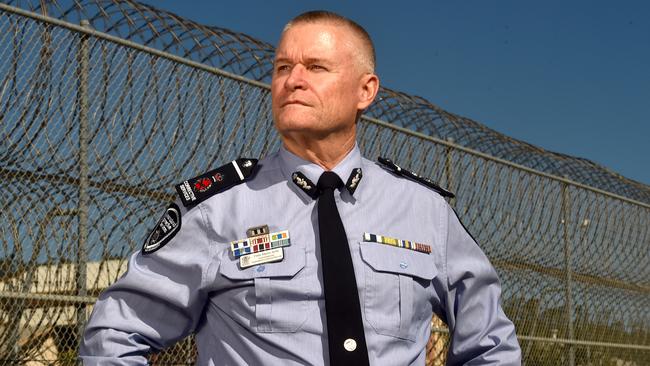
Queensland’s former prison boss has cautioned the Crisafulli government against scrapping the state’s drug diversion program, warning it would drain police resources, clog up the courts and criminalise addicts.
Thousands of people busted with small amounts of hardcore drugs have avoided court under possession laws that were relaxed under Labor, giving users three chances for carrying up to a gram of heroin, cocaine or ice before facing a criminal charge.
The Liberal National Party government, elected in October on a tough-on-crime platform, has vowed to repeal the laws, with Premier David Crisafulli insistent that he would not “roll out the welcome mat for drug use”.
Peter Martin, a veteran police officer who served as head of corrections from 2017 to 2021 and is now a professor of practice at the Griffith Criminology Institute, said sending low-level drug offenders to court was like “using a sledgehammer to crack a nut”.
“One of the things that we’ve worked out over a very, very long period of time is this is a problem that you’re not going to arrest your way out of.” he said.
“You’ve only got to look to other governments that have tried to take a really tough approach to drugs to see that that approach is really problematic.”
Professor Martin said drug diversion was “more respectful of police time” and axing it could have serious effects on courts.
“Drug diversion has really been quite an effective strategy that only deals with low-level offences … and creates an off ramp to future drug offending,” he said.
“It is not going soft on drugs at all, it is taking an interventionist approach that is actually doing something about the root cause of the problem. I think that the government would be well served to heed the advice of experts, to look at this very, very carefully, because in their attempt to do good, they could actually achieve significant harm.”
Under the current scheme – developed in consultation with police, health and drug experts and passed last year – a person is given a warning the first time they are caught with a drug and on the second and third occasions offered a place in a diversionary program run by healthcare workers. Only on the fourth time they are caught with drugs are police required to issue a person with a court notice to appear on a charge of possession.
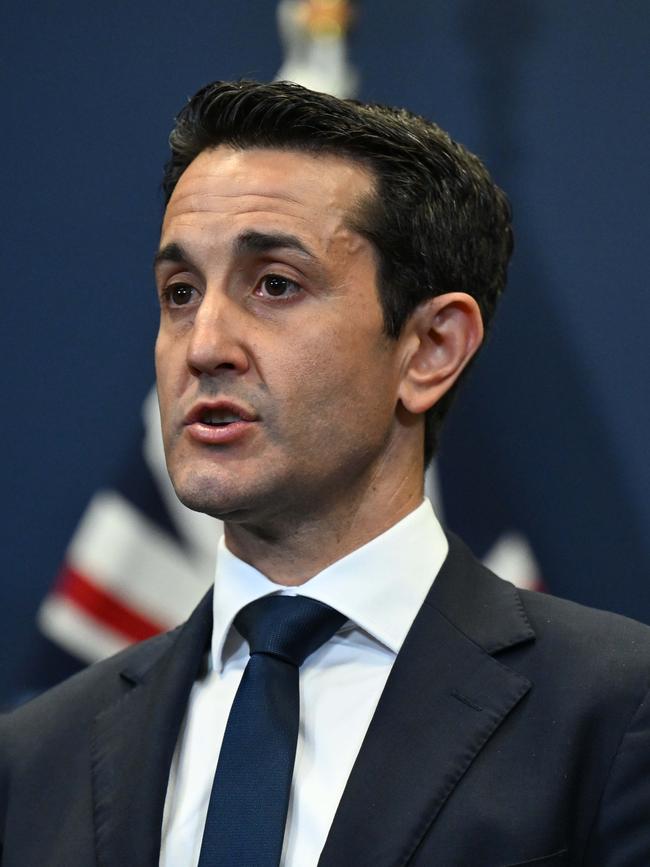
New figures released in a parliamentary question on notice from Greens MP Michael Berkman revealed almost 10,000 people had been issued warnings or participated in the drug diversion program since the laws were passed in early May.
Police Minister Dan Purdie said that between May and December 2024, 5968 people were given an initial warning, 534 people were offered and accepted a place in the diversion program after being caught with drugs a second time, and 3218 people on their third strike.
Australian Medical Association state president Nick Yim said the organisation was “extremely disappointed” that the new government was planning to repeal the three-strike laws.
“The current legislation is backed by experts and prioritises treating a health issue rather than making it a criminal issue,” he said. “Bringing people before the courts for very minor offences is extremely economically inefficient. It clogs up the courts, wastes police time and is money that could be much better spent on health and education.”
Mr Purdie said the new government did not support Labor’s “soft on drugs approach” which he said had “resulted in serious crime in communities across the state and sends the wrong message to offenders”. “We have been clear that there is no safe way to use drugs, which is why the government is reviewing the legislation to overhaul Labor’s watering down of these laws.”
In a statement, the Queensland Police Service said: “Drug diversion provides an opportunity to connect the users of illicit drugs with information and, most importantly, referral into a health pathway.”
The Northern Territory’s Country Liberal Party government, elected in August on a similar promise of getting tough on crime, is now facing a prison population crisis as the justice system grapples with a growing influx of prisoners.


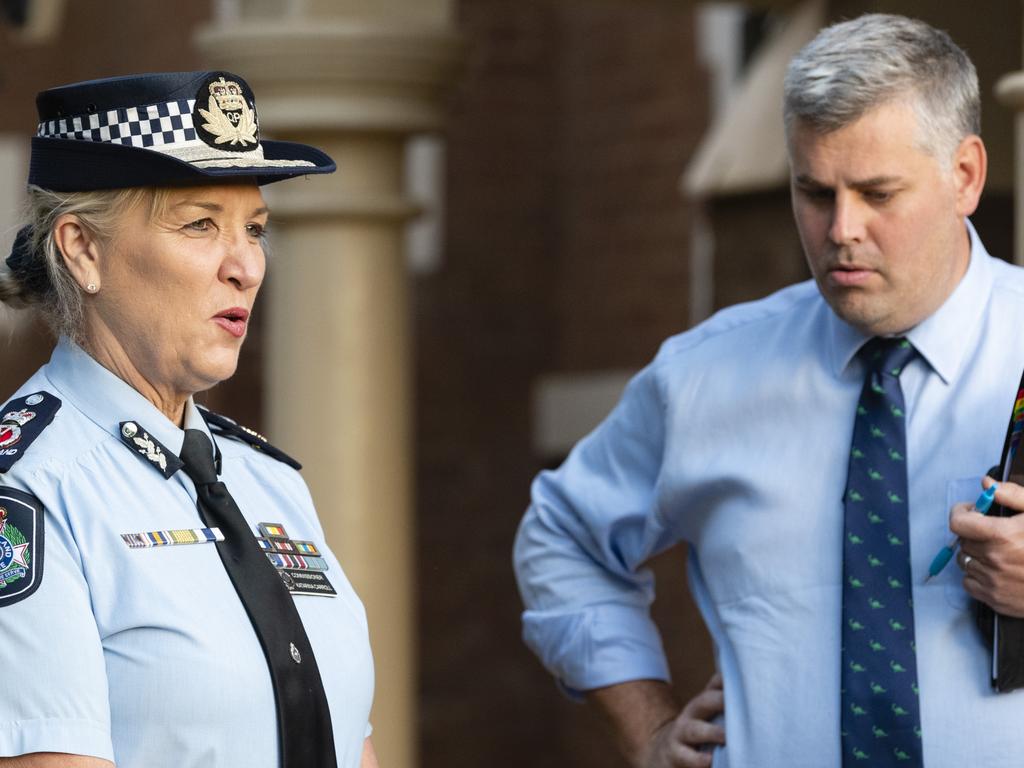


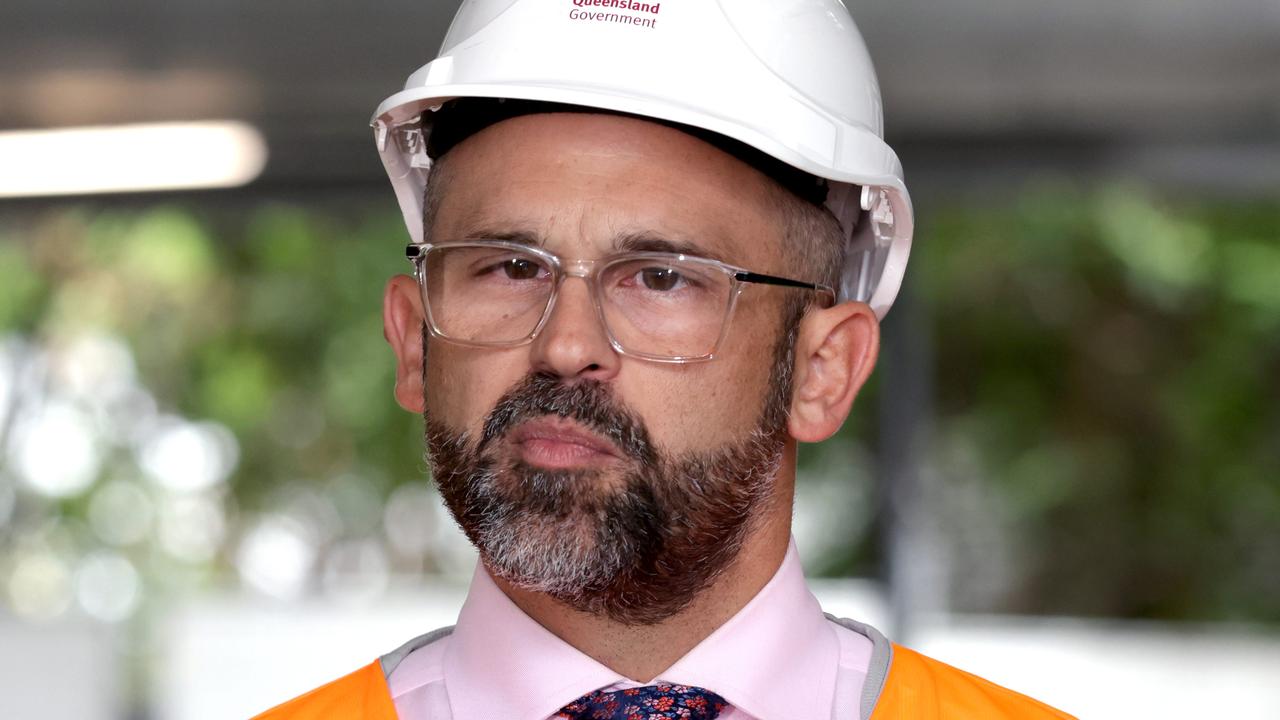
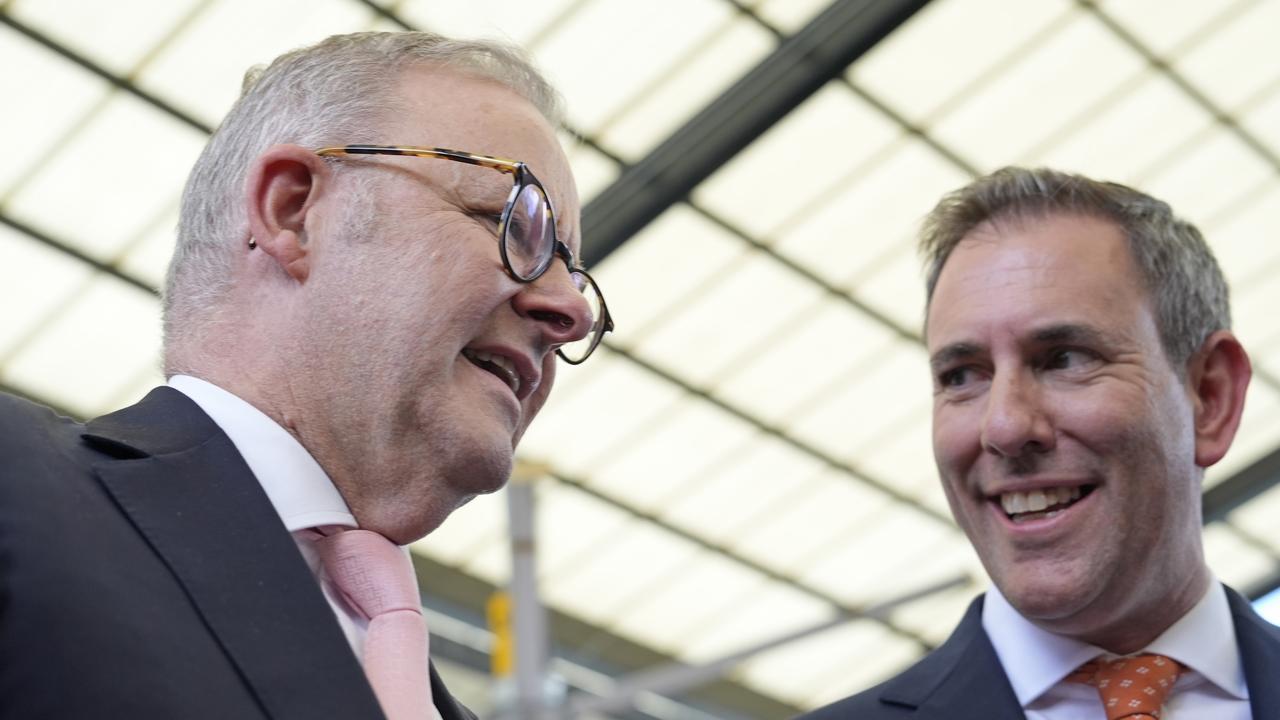
To join the conversation, please log in. Don't have an account? Register
Join the conversation, you are commenting as Logout